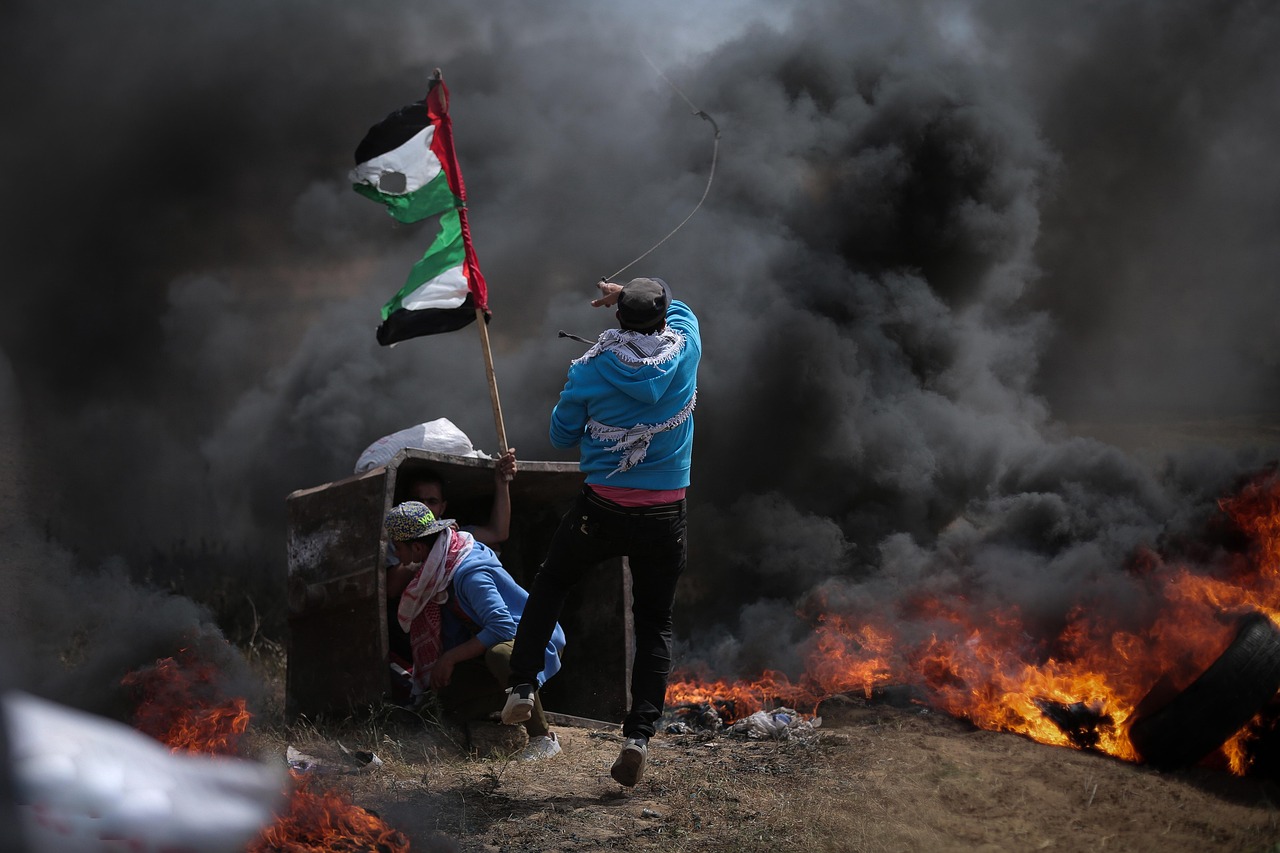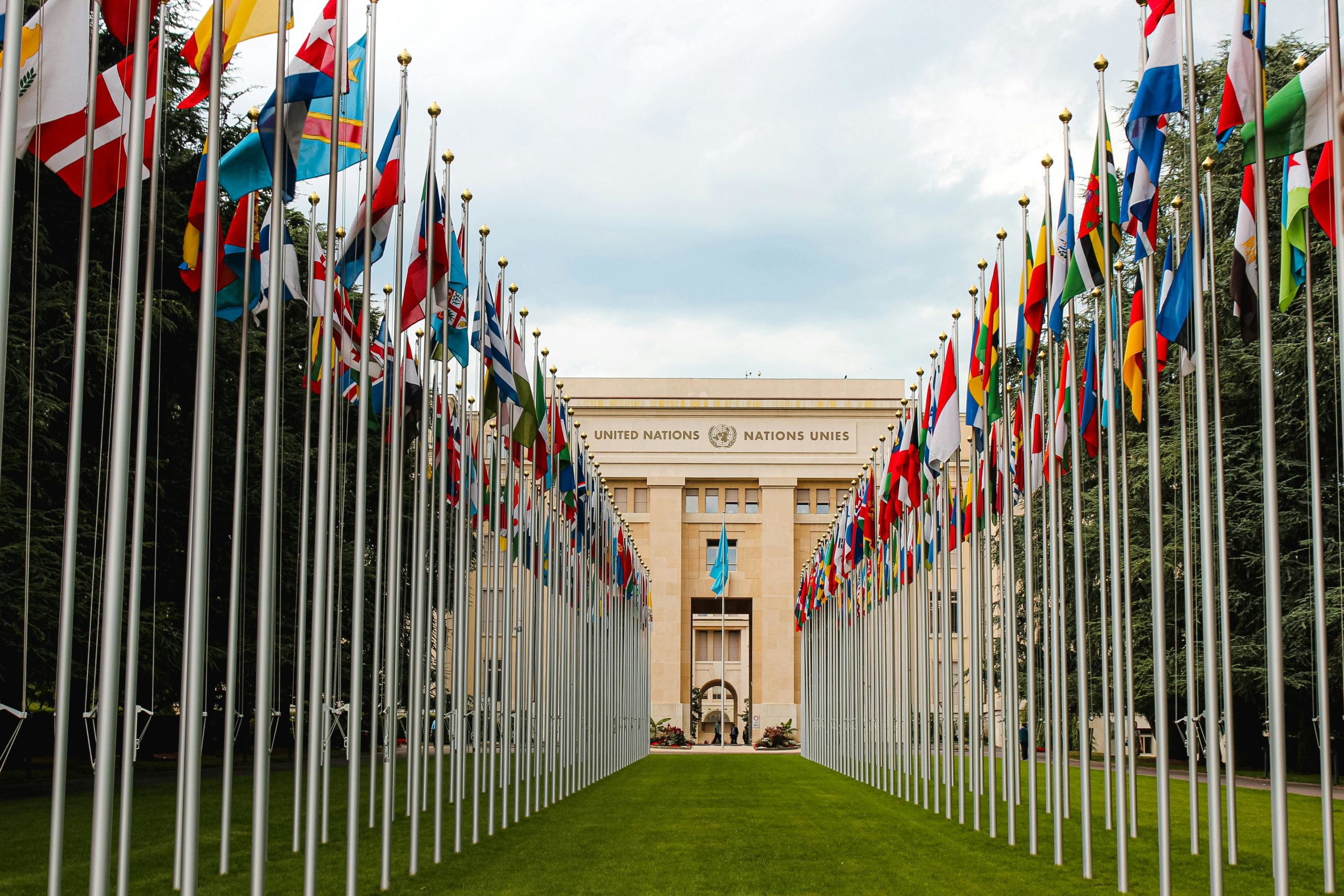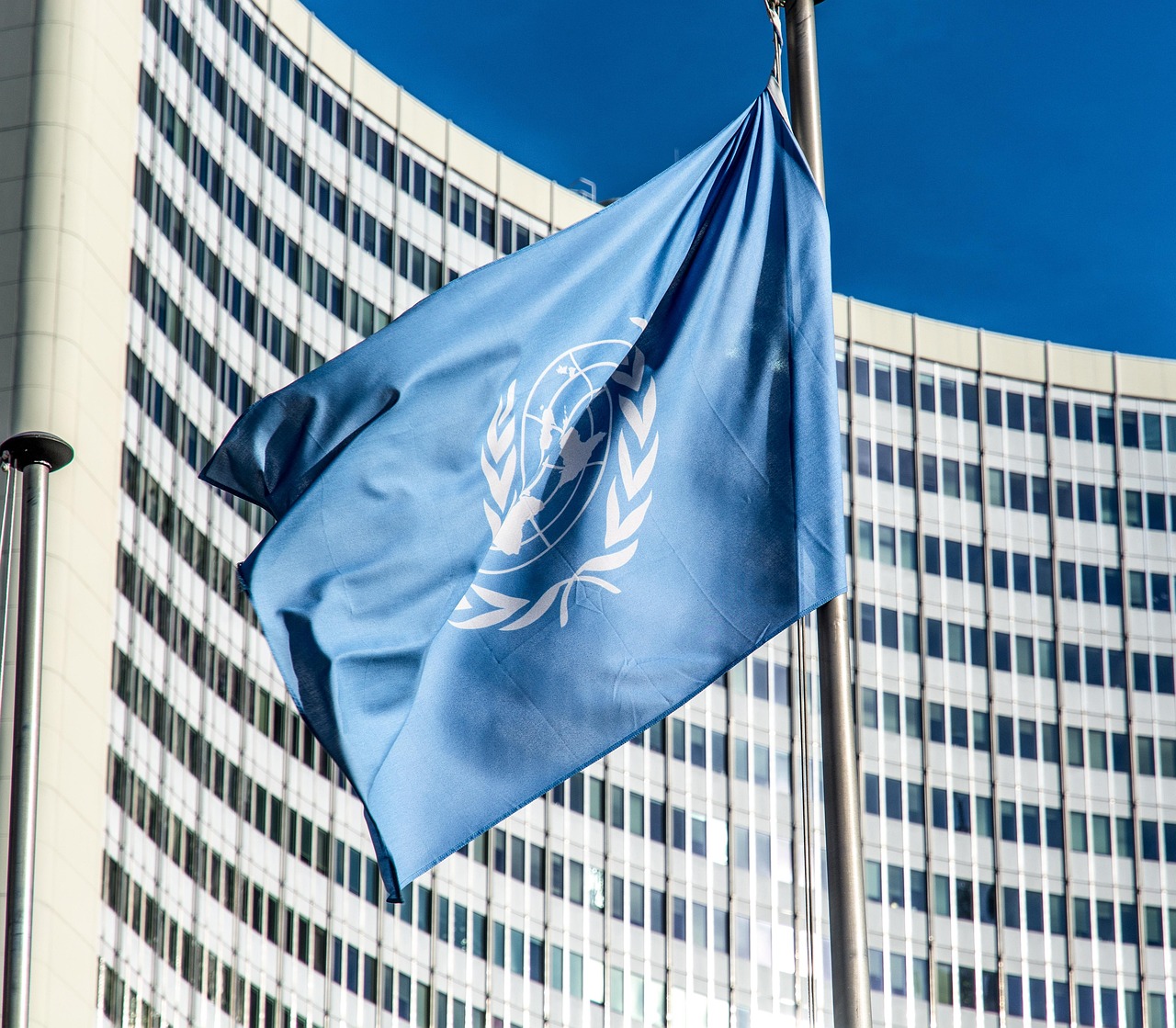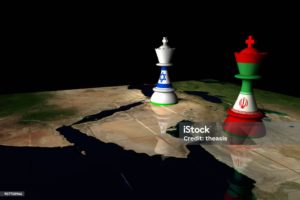For nearly two years, the conflict launched by Benjamin Netanyahu against Hamas in the Gaza Strip, under the banner of “Operation Gideon” (or “Chariots of Gideon”), has followed a logic of endless war. It is a conflict without horizon. The initial stated objective was clear: to crush the Hamas threat, free the hostages, and restore security to Israel. Yet an internal report from the Israeli army, a confidential version of which was leaked via Channel 12 according to The Times of Israel, concludes that the operation is considered a “total failure,” after having “committed every possible mistake,” in violation of Israeli military doctrine. This document—circulated without authorization by the Operational Information Center of the Ground Forces—is now at the heart of an explosive debate within the Hebrew state.
“This report is catastrophic, not only because it reveals our military weaknesses, but also because it gives the impression that we have lost political initiative,” confided a source at the Israeli Ministry of Foreign Affairs. “That is the main conclusion of our findings: a very serious deterioration in Israel’s security, caused by the widening gap between political decision-makers and the soldiers tasked with implementing this policy on the ground. Who should be held responsible then? The government or the army? We know the limits of a conventional army when fighting the guerrilla tactics of Hamas. Our politicians are disconnected,” the source added.
A New “Major Operation” to Mask Defeats
And yet, the same errors persist, according to several of our informants. Faced with this damning assessment, Netanyahu has announced the imminent launch of a major operation to “finish off” Hamas, reviving martial rhetoric and appeals to national unity. But this move appears more like a desperate gamble than a coherent plan. Despite massive destruction in Gaza, Hamas remains active and resilient. The leaked report underlines that Gaza has not been conquered, the hostages remain in captivity, and none of the strategic objectives have been achieved—quite the opposite.
“There is no guarantee that this new offensive will change the balance of power,” analyzes a Middle East expert based in Paris. “On the contrary, it risks reinforcing the idea of an Israel trapped in an endless war. And the longer the war drags on, the more Netanyahu clings to power.” He does have one advantage: his main rival, Naftali Bennett, who could one day succeed him, has confided to close associates that he feels trapped—between ending the war, which would leave Israel exposed, and continuing a conflict he knows cannot be decisively won.
Within Israeli civil society, the Prime Minister’s martial communication is perceived as a smokescreen. A source at the Jewish Agency observes: “This rhetoric of a ‘final victory’ is aimed mainly at reassuring a worried and divided public. But it resolves neither the question of the hostages nor that of long-term security. Netanyahu’s obstinacy will cost him dearly, because he has done nothing from the beginning to prioritize the hostages’ fate. A large-scale operation means the death of the last twenty hostages.”
Growing Domestic Fatigue and the Political–Military Rift
Within the army, unease is mounting. Senior officers suspect a political leadership increasingly disconnected from realities on the ground. The leaked report denounces a strategy based on deterrence rather than decisive victory, inadequate logistics, and mismanagement of humanitarian aid that has strengthened Hamas’s famine narrative.
“We know that Gaza cannot be subdued by military force alone,” admits a source close to the Israeli army. “The gap between what the government demands and what we know is possible is dangerously widening. The growing opposition from senior figures, including former Mossad and Shin Bet officials, changes nothing. Netanyahu is trapped by the extremists in his coalition, who know nothing about the terrain or about war.”
This concern is shared within the intelligence services themselves. According to a former military intelligence officer, cited by a source close to the army: “The Prime Minister increasingly decides alone, bypassing traditional consultative circles. This centralization of power is worrying because it weakens the decision-making chain and exposes the country to reckless strategic choices.” Another senior security official still in office confides: “Trust is eroding. When the army and the services are no longer listened to, the country is heading toward avoidable disasters.”
Meanwhile, Israeli society, already fractured by the protests against judicial reform and extreme political polarization, shows unprecedented war fatigue. Families of the hostages now openly accuse Netanyahu of sacrificing their loved ones to preserve his political career.
Gaza: Between Ruins and the Mirage of Reconstruction
As destruction continues, two competing visions confront one another regarding Gaza’s future. On one side, hardliners in the government call for a total operation to eradicate Hamas and impose absolute control. On the other, international pressure is growing for reconstruction and economic rehabilitation projects, sometimes presented as mirages: a “Gaza Riviera” evoked in Donald Trump’s rhetoric, which makes some smile and others shudder.
“To imagine a Mediterranean Dubai rising from the rubble is a communications illusion,” explains my Paris-based expert contact. “Without a durable political solution, every stone laid is already threatened with destruction.” Many in Israel itself doubt the feasibility of such projects, starting with the idea—already discreetly explored—of relocating Gazans abroad. “We see an accumulation of spectacular announcements, but without a coherent strategy. This reflects above all a leadership that refuses to confront reality,” notes an adviser close to Israeli intelligence.
The leaked internal report on the failure of Operation Gideon sounds like a death knell for the illusion of a swift and decisive victory. Israel now finds itself trapped in a war with blurred contours, unable to advance militarily or to persuade diplomatically. As a source at the Ministry of Foreign Affairs summarized: “You do not get rid of an ideology like Hamas with bombs and rifles. Ideology never dies, and there is no example—not in Iraq, nor in Syria, nor in Afghanistan, nor anywhere else—that proves otherwise.”
Caught between the illusion of total victory and the temptation of showcase reconstruction, Gaza remains suspended between ruins and unreal projects. As for Netanyahu, he increasingly gives the image of an isolated leader, locking himself into his own choices, while the army, intelligence services, and a large part of Israeli society grow ever more alarmed at this solitary drift.














